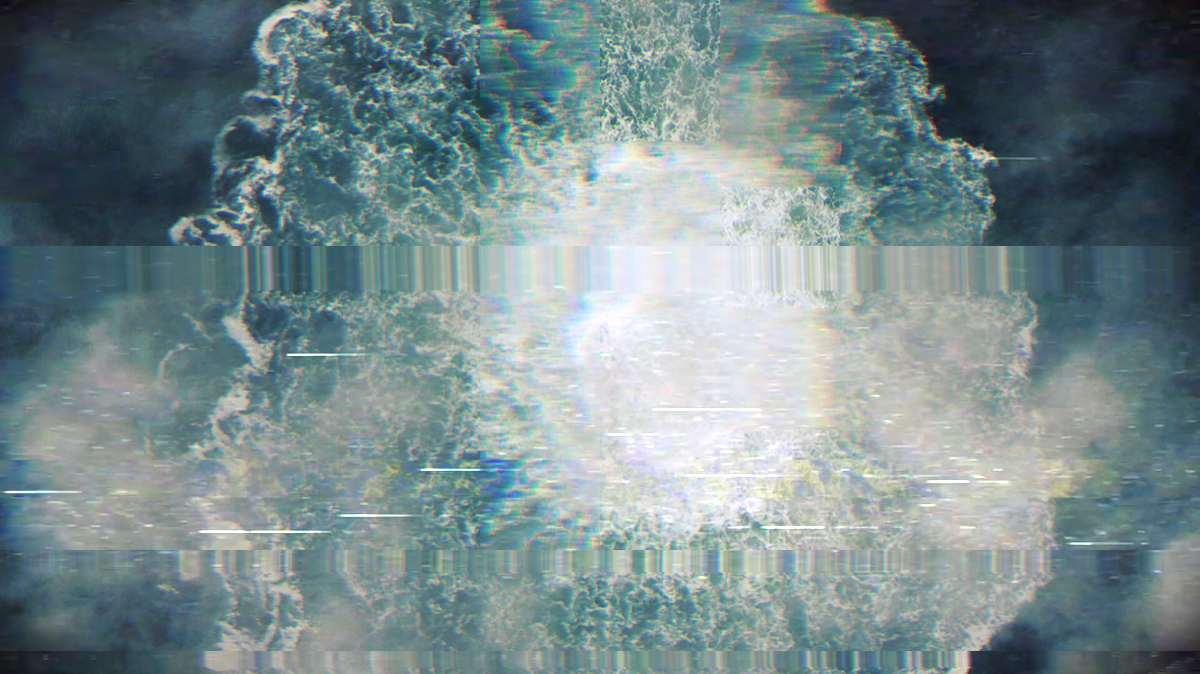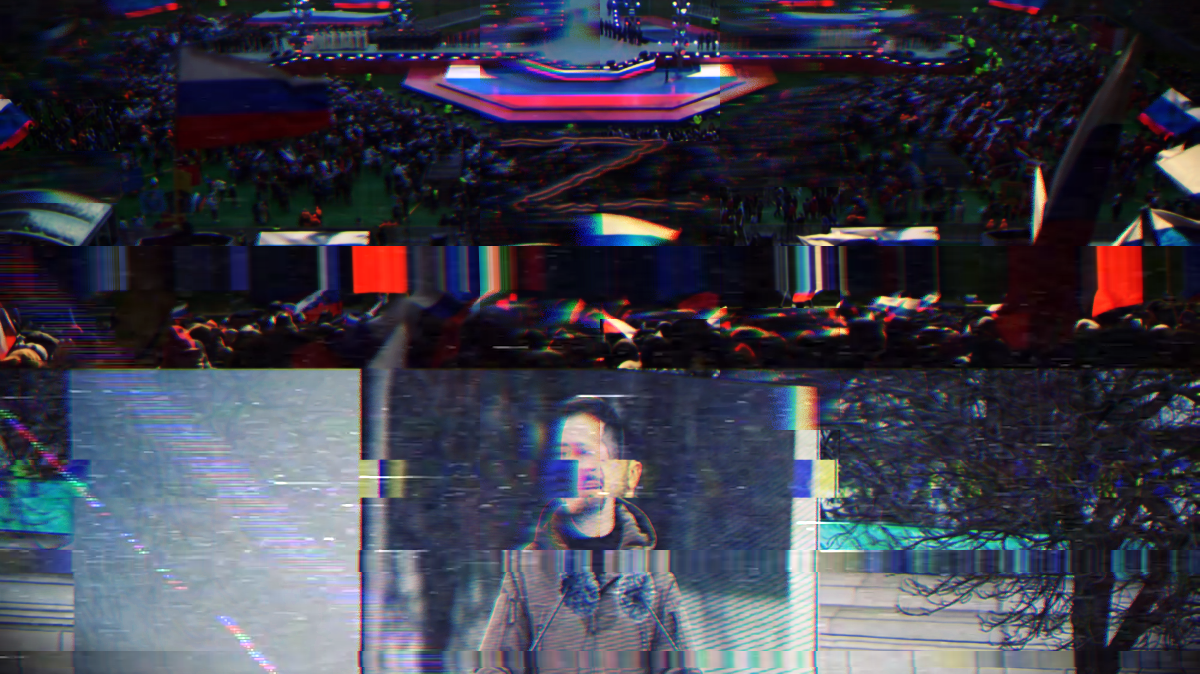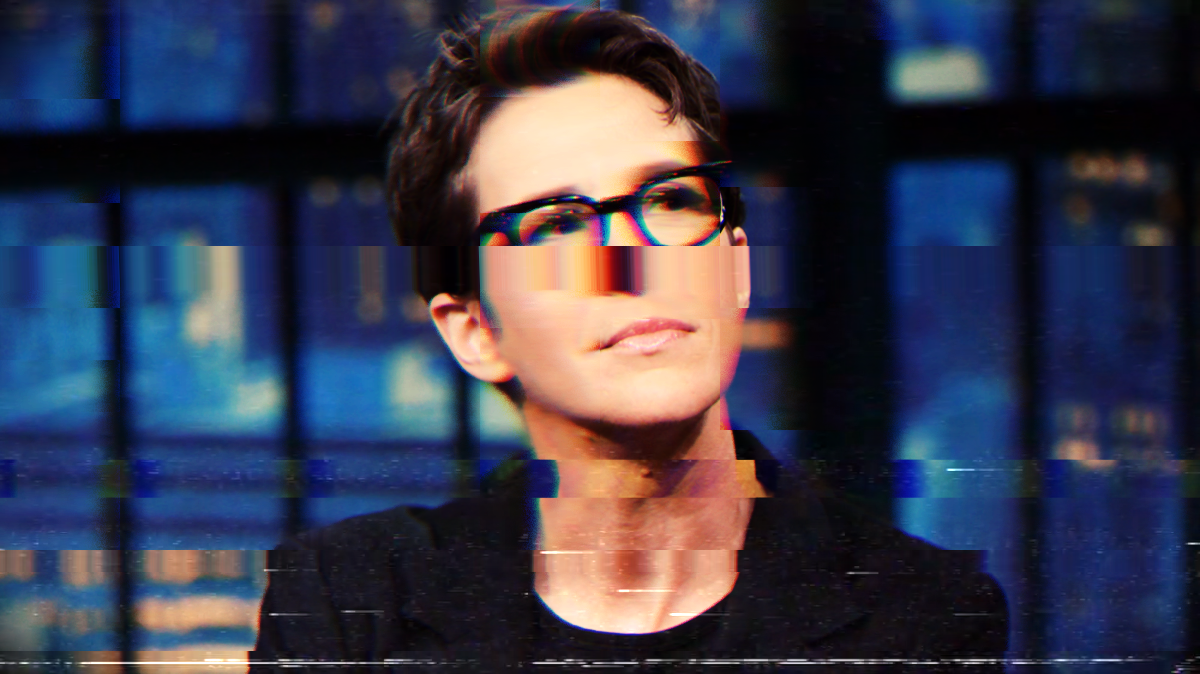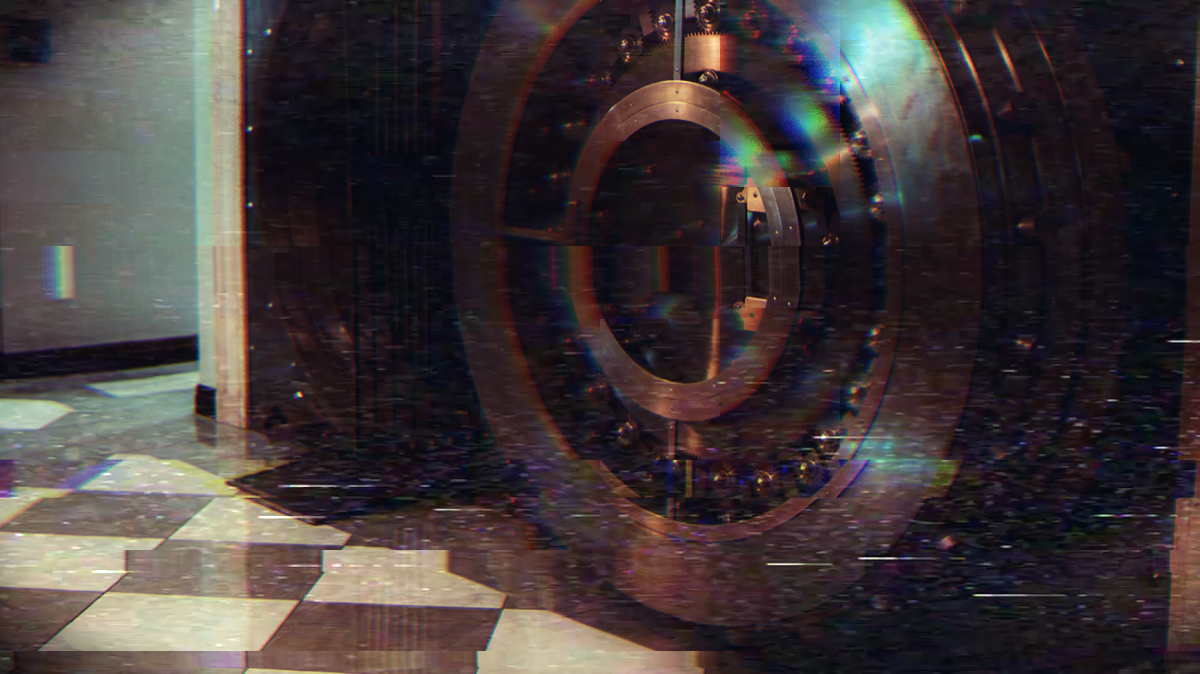Before Russia's full-scale invasion of Ukraine, US President Biden authorised a plan to blow up the Nord Stream pipelines, which the US military executed last summer under cover of the BALTOPS 22 exercise.
Horribly broken content moderation practices at LinkedIn make the Microsoft-owned social network actively hostile to scientific progress and press freedom, it seems.
Dr Anthony Fauci, for a long time the man in charge of the US response to the SARS-CoV-2 pandemic, has now admitted that vaccines have failed to stop the spread of the disease and were never likely to.
Today is not the anniversary of the war in Ukraine. That is just one of the propaganda lies by people who are afraid to stand up for peace and fight against murder and injustice.
For years, corporate media has maintained that Donald Trump was under the influence of Russian agents and that the Russians helped him win the 2016 presidential election. All of these claims turned out to be unsubstantiated. How exactly did the media err on such a monumental scale?
Today, the podcast turns three years old and I tell the story of how I became a journalist and what I learned in the process.
Some observations on the possible future of society from a recent trip to the United Arab Emirates.
Everyone needs a password manager these days and many people were using LastPass. Unfortunately, LastPass made some pretty horrible mistakes that mean that these people should look for an alternative now. Here's why.
The Twitter Files show us how cynical the US government tried, and often succeed, to shape how we perceive reality. But they also show those of us that weren't buying the propaganda that they aren't slowly going insane.
The start of the new year sees some changes to the podcast. This episode provides an outlook of what is coming down the line.









